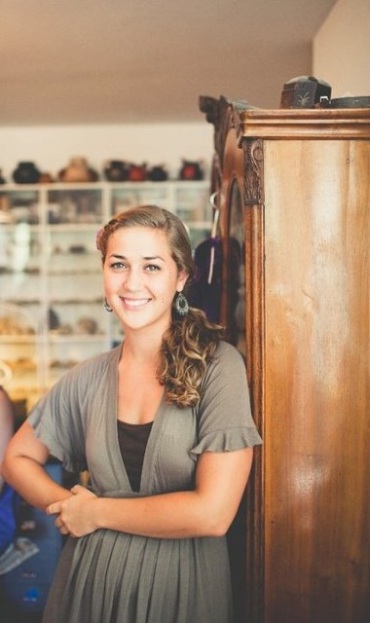Piano Accompaniment Workshop
Our team recently had the pleasure of doing a workshop on piano accompaniment techniques with JayJay Lim, a wonderful music therapist based in the San Diego area.
We started off with a simple warm up; playing V7 chords in a circle of fifths pattern. Using a metronome to keep us all in time, we played 2 measures of C7, 2 measure of F7, 2 mesaures of Bb7 and so on. If this workout is comfortable, the next step is to play through the circle of fifths playing V7 inversions. JayJay also suggested playing through this same exercise playing min7 chords. Again, if it’s easy, play inversions! Of course this warm up is good for your muscles, but doing it without sheet music is good for warming up that cognitive functioning too!
Next, we reviewed some important tips for effective accompaniment. If you’re leading a singing intervention in a group, it’s important to give your clients some kind of introduction so they get a feel for the key, the tempo, and when to join in. JayJay suggests introducing the song by playing the melody line of the last 4 measures of the song, then giving a strong cue with their starting pitch or with the first few notes of the melody.
JayJay encouraged us to practice a few easy folk songs, including Home on the Range and You Are My Sunshine, with the left hand playing a pattern or just a bass rhythm, and to only play chords in the right hand on the first beat of each measure.
One of the most beneficial tips I took from the workshop; put two colored stickers an octave apart on the keyboard and only play right hand chords between those two stickers, including V7 chords. You can play on the stickers, but you can’t go past them! This forces you to get more comfortable with inversions so you’re not always playing everything in root position.
I’ve been incorporating these into my daily practice time and I have already seen a huge improvement! It’s easy to fall into the same playing patterns or accompaniment styles, especially if you’re not a pianist (like myself). Simple, functional practice techniques like these can go a long way in increasing your flexibility and familiarity on the keyboard. The less you have to think about which keys to play for which inverted chords, the better off you’ll be in not only accompaniment, but improvisation and performance as well.
Best of luck in your practice time!
Toby






